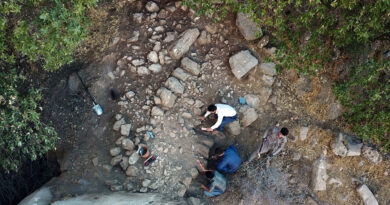Damning Amnesty Report Calls For Investigation Into Unexplained Migrant Worker Deaths At Qatar World Cup Sites
An Amnesty International report has claimed that the Qatari government has covered up the deaths of thousands of migrant workers by mislabeling their death certificates as ‘death due to natural causes’.
Amnesty International published a report titled ‘In the prime of their lives’ which detailed the cover-up of the death of migrant workers primarily from South Asia and Africa on Qatar’s world cup construction sites.
In the report, which was published today (26th August) Amnesty International said: “Qatari authorities have failed to investigate the deaths of thousands of migrant workers over the past decade, despite evidence of links between premature deaths and unsafe working conditions.”
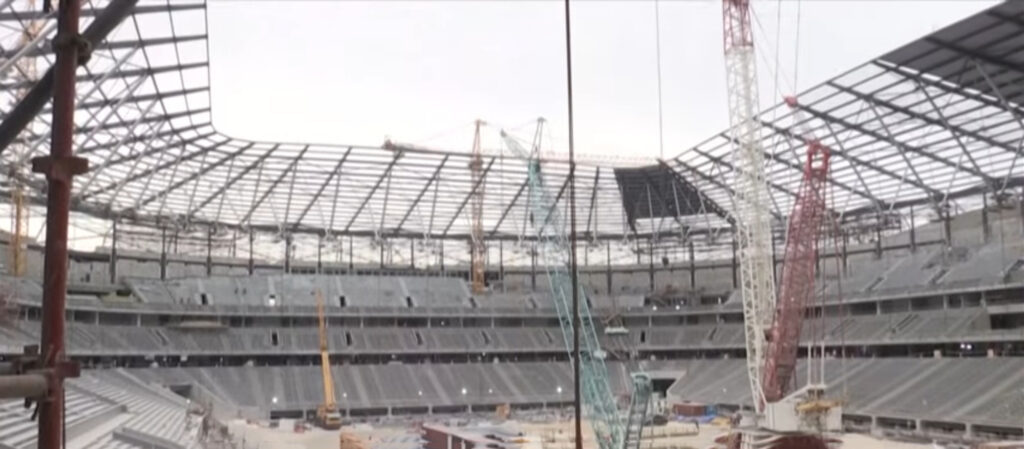
They added: “The report documents how Qatar routinely issues death certificates for migrant workers without conducting adequate investigations, instead attributing deaths to ‘natural causes’ or vaguely defined cardiac failures.”
The 56-page details how Qatari officials routinely produce ‘meaningless death certificates’ whilst making no attempt to investigate the deaths of migrant workers on their construction sites.
Amnesty International pointed out that despite Qatar’s extremely well-funded health care system it was unable to determine the cause of death in an estimated 70 percent of cases.
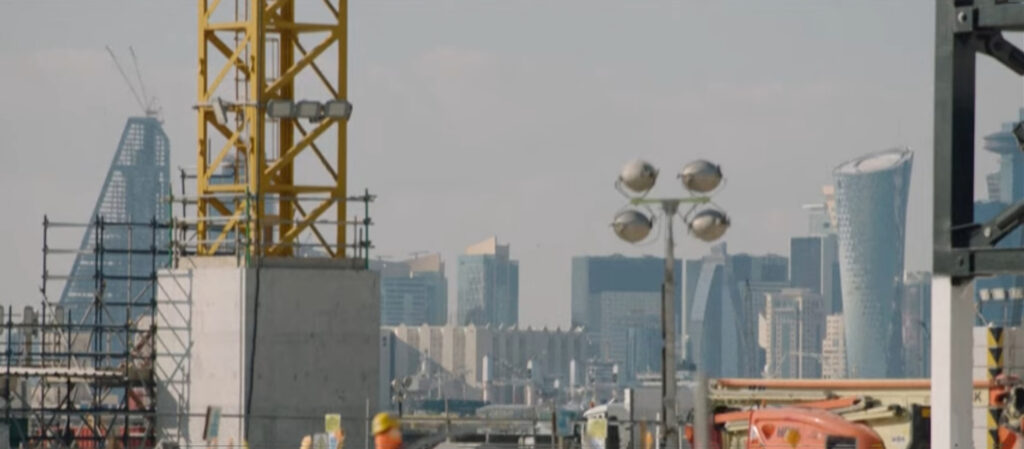
Experts who spoke to Amnesty said that with Qatar’s health care system they should be able to identify the cause of death 99 percent of the time.
Data from the Bangladeshi government seen by Amnesty revealed that 71 per cent of Bangladeshi nationals who died whilst working in Qatar between 2016 and October 2020 were reported to have died of “natural causes” by Qatari officials.
The report also cited an investigation by The Guardian which found 69% of deaths among Indian, Nepali and Bangladeshi workers between 2010 and 2020 were attributed to natural causes.
Dr David Bailey, a leading pathologist and member of the WHO Working Group on death certification, told Amnesty: “Essentially, everyone dies of respiratory or cardiac failure in the end and the phrases are meaningless without an explanation of the reason why.”
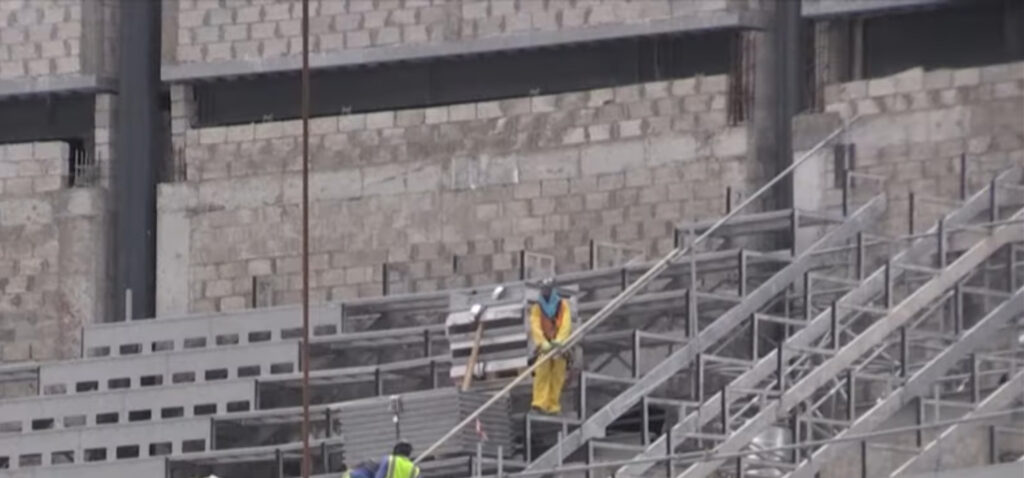
Steve Cockburn, Amnesty International’s Head of Economic and Social Justice, said: “When relatively young and healthy men die suddenly after working long hours in extreme heat, it raises serious questions about the safety of working conditions in Qatar.”
Sacha Deshmukh, Amnesty International UK’s CEO, said: “Migrant worker deaths are casting a long shadow over the 2022 World Cup.”
He added: “England players, staff and supporters can use their influence by keeping the issue of migrant worker rights in Qatar in the public eye. There is still an enormous amount to play for.”
The Qatari government has not provided statistics on the exact number of migrant workers who have died on world cup sites instead it provided statistics on the overall number of migrants who have died in the country – which stands at 15,021 between 2010-2019.
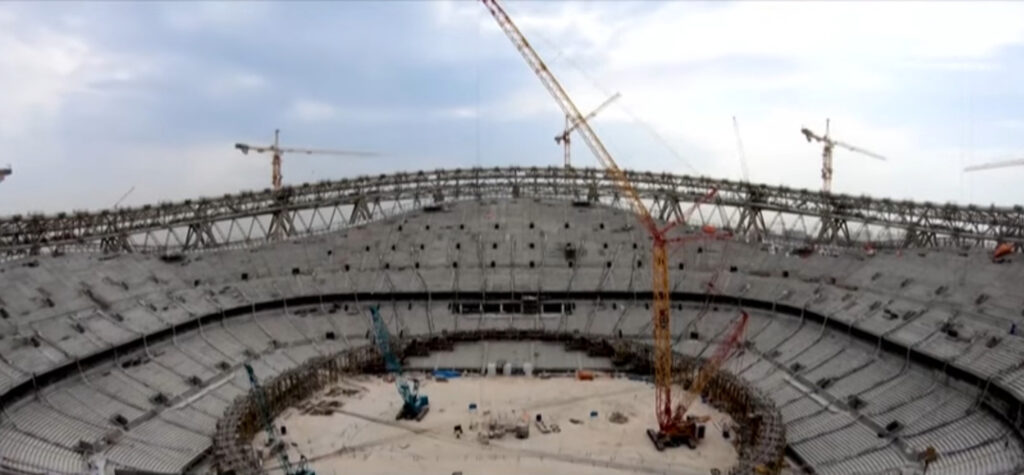
Amnesty claims Government data also does not indicate how many workers have died in preparation for the World Cup.
Pressure has been on Qatar to improve the conditions of migrant workers since preparations for the 2022 world cup began with reports of dire working conditions making headlines around the world.
As a result of the pressure, Amnesty claims Qatar has made several positive reforms to its labour laws but change has been slow witch many of the laws not taking effect on the ground leaving workers at the mercy of abusive employers.
Professor David Wegman, an expert on health and safety in the construction industry, told Amnesty that the improvements in workers rights fall short of what would be needed to protect workers from the extreme temperatures.



